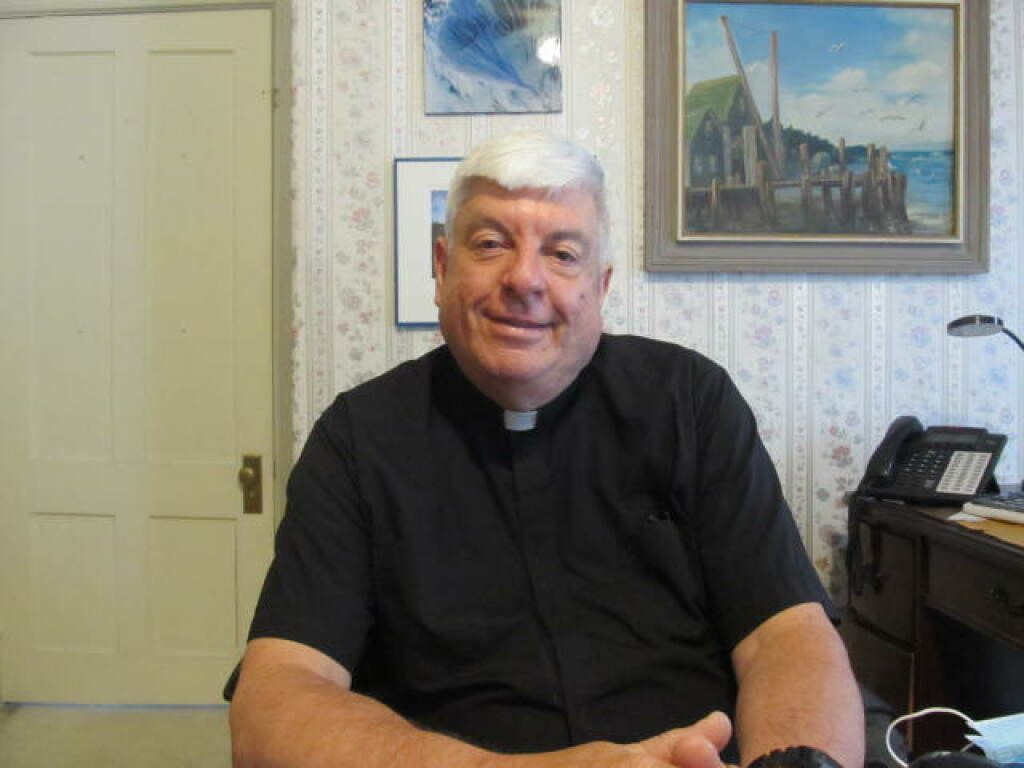 Are we an Easter people?
Are we an Easter people?
I love to read historical biographies, and among my favorites are books about Abraham Lincoln and the other figures of the Civil War. Reading the biographies makes the history come alive, relaying very human details that made all the difference—human details that you don’t always get in dry history survey courses.
In September of 1862, the Civil War had reached a decisive point in favor of the South. The morale of the Northern army was at its lowest point in the war. Large numbers of Union troops were in full retreat in Virginia. Northern leaders began to fear the worst. They saw no way to reverse the situation and turn the beaten, exhausted troops into a useful army again.
Abraham Lincoln, however, came up with a solution. There was only one general with the ability to turn things around. That was General George McClellan. He had trained the men for combat and they admired him. But neither the War Department nor the rest of the Cabinet members saw this connection. Only Lincoln did.
Fortunately, Lincoln ignored the protests of his advisors and reinstated McClellan in command. He told the general to go down to Virginia and give those soldiers something no one else could: enthusiasm, strength and hope. McClellan accepted the command. He mounted his great black horse and started down the dusty Virginia roads.
What happened next is hard to describe. General McClellan met the retreating Union columns, waved his cap in the air and shouted words of encouragement. When the worn out men saw their beloved teacher and leader, they began to take heart once again. They were moved with an unshakeable feeling that now things could be different, that finally things could be all right again. Down mile after mile of Virginia roads stumbling columns came alive. Men threw their caps, and yelled until they could yell no more. And this, in a way, was a major turning point of the war.
We find a similar situation in today’s gospel reading. It is obvious that some of Jesus’ closest followers were demoralized at the crucifixion. They did the one thing they knew how to do: they returned to their former way of life—fishing. This was the one thing they were good at, and yet, like the demoralized soldiers during the Civil War, they failed miserably.
And then, they encountered someone they did not quite recognize, giving them directions that they probably were reluctant to follow. And at the instructions of the stranger, they caught so many fish that their nets started to tear. I often wondered: who stopped to count the catch? I mean “one hundred fifty-three large fish”—who cares? Well, it turns out that, at that time that was the number of species of fish that were known. So the catch suggests, not just a large number, but a number that is complete. And when the despairing disciples recognized Jesus, risen from the dead, they were complete, whole again, as it were.
But not quite. There’s a bit more to the story. One of the details that might be overlooked is that Jesus had a charcoal fire going for the fish to be roasted on. There was the mention of a charcoal fire once before. As Peter and another disciple were following the arrested Jesus at a distance, they stopped to warm themselves at a charcoal fire. That was when Peter began to deny that he knew Jesus, not once, but three times, as Jesus had predicted. And so, now you have the three-fold question and response: “Do you love me?” “Lord, you know I love you.” “Then, tend my sheep, feed my lambs…”
Peter needed to know that Jesus had forgiven him for his failure. Peter probably needed to forgive himself. And I’m not sure he ever was totally able to. Tradition has it that, when Peter was crucified for being a leader of those who were disciples of Jesus, he asked to be crucified upside down, since he was not worthy of dying exactly in the same way as his Master.
At any rate, just as General George McClellan revitalized and reawakened the despairing northern army, so now Jesus, risen and fully alive, was revitalizing his despairing disciples, unleashing a force that would become a world-wide movement. Just as the tomb could not defeat Jesus, so now the realization that he was alive, never to die again, changed everything for his followers. And they became fearless, totally committed to their mission of spreading the word, refusing to stop even when threatened with imprisonment and death. As McClellan changed the outcome for the northern army, so Jesus, the risen one, has changed the outcome of humanity’s history. Our life is no longer aimed at death. Death is now defeated. Death is now officially dead, and we are on a journey that takes us through death to eternity.
Pope Francis has often complained that too many Christians are “sourpusses” who go around with gloom and despair on their faces. It’s as if we’ve never heard the story of Easter, or that we don’t quite believe it or understand its significance. We are destined for glory, for eternal life, for the life that God imagined for us, the life that God calls us to, the life we are already living at this moment. So, let’s try to drink in the full significance of Easter; let’s stop being sourpusses; let’s not be a Good Friday people, dejected and defeated and angry at life! Let’s be an Easter people who, even though we face struggles and suffering, an Easter people who know that’s not the end of the story, that’s not who we are, that’s not where we’re headed!
You might also like
Father's Homilies




